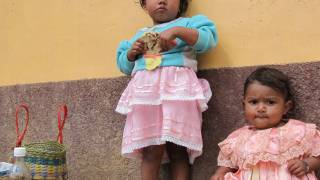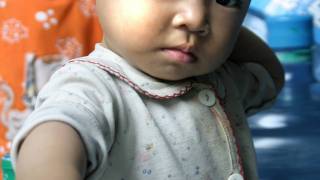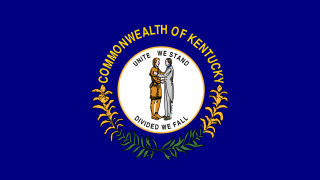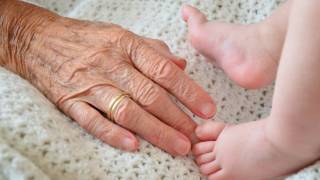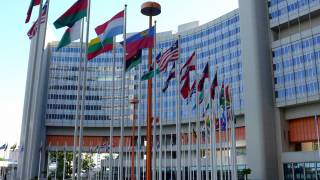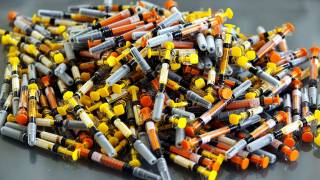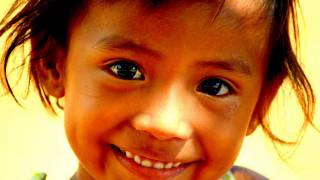2-Doses of Varicella Vaccine Works Best For Children

A new study found children’s rates of herpes zoster were 78 percent lower when they had been vaccinated against varicella, which is commonly known as chickenpox.
These researchers compared the rates of herpes zoster in vaccinated vs. unvaccinated children from 2003-2014.
During that timeframe, vaccinated children experienced herpes zoster at a rate of 38 per 100,000 person-years compared to 170 per 100,000 for unvaccinated children, which is a 78 percent difference.
However, this study found 1-year-old children had a 140 percent higher herpes zoster risk when vaccinated.
This retrospective study reported the herpes zoster infection rates were higher in girls than in boys and were higher for those who received just 1 dose of varicella vaccine, compared to those who received the 2 doses recommended by the Centers for Disease Control and Prevention (CDC) and American Academy of Pediatricians (AAP).
The varicella vaccine was added to the CDC childhood immunization schedule in 1995. And, the booster dose was added in 2006. It is a live, attenuated vaccine and is not recommended for people with weakened immune systems.
Varicella is caused by the human alphaherpesvirus varicella-zoster virus and is transmitted through direct contact with or inhalation of infectious fluid, says the CDC.
“That varicella vaccine prevents not only varicella but zoster as well,” Anne A. Gershon, M.D., a professor of pediatrics at Columbia Medical school, wrote in a commentary, “this is an exciting dual benefit from the varicella vaccine, further improving the health of children by immunization.”
Previously, a study confirmed that the 2-dose schedule of varicella vaccine provided optimum long-term protection for the prevention of chickenpox.
When compared with the combined vaccines, the segmented varicella vaccine offered individual protection against all severities of disease leading to a potential reduction in transmission.
This phase 3b follow-up study was published in The Lancet on February 11, 2019.
Recent chickenpox vaccine news articles:
- Kentucky High School Student Loses Chickenpox Vaccine Lawsuit
- 2-Doses of Varicella Vaccine Offers Best Chickenpox Protection
Chickenpox is a highly contagious disease caused by the varicella-zoster virus (VZV). It can cause an itchy, blister-like rash, says the CDC.
The rash appears first on the chest, back, and face, and then spreads over the entire body. An infected individual is considered contagious from 1–2 days prior to the appearance of the first lesion until all lesions have crusted, approximately 24–48 hours after the appearance of the last lesion.
There are 2 varicella vaccines that are licensed in the United States, Varivax and ProQuad.
Varivax is the chickenpox-only vaccine while Proquad provides protection from measles, mumps, rubella, as well as varicella.
Vaccines, like any medicine, can have side effects. Vaccine patients are encouraged to report negative side effects of vaccines to the CDC.
The CDC Vaccine Price List provides private sector vaccine prices for general information.
These researchers did not disclose any industry conflicts of interest.
Our Trust Standards: Medical Advisory Committee






